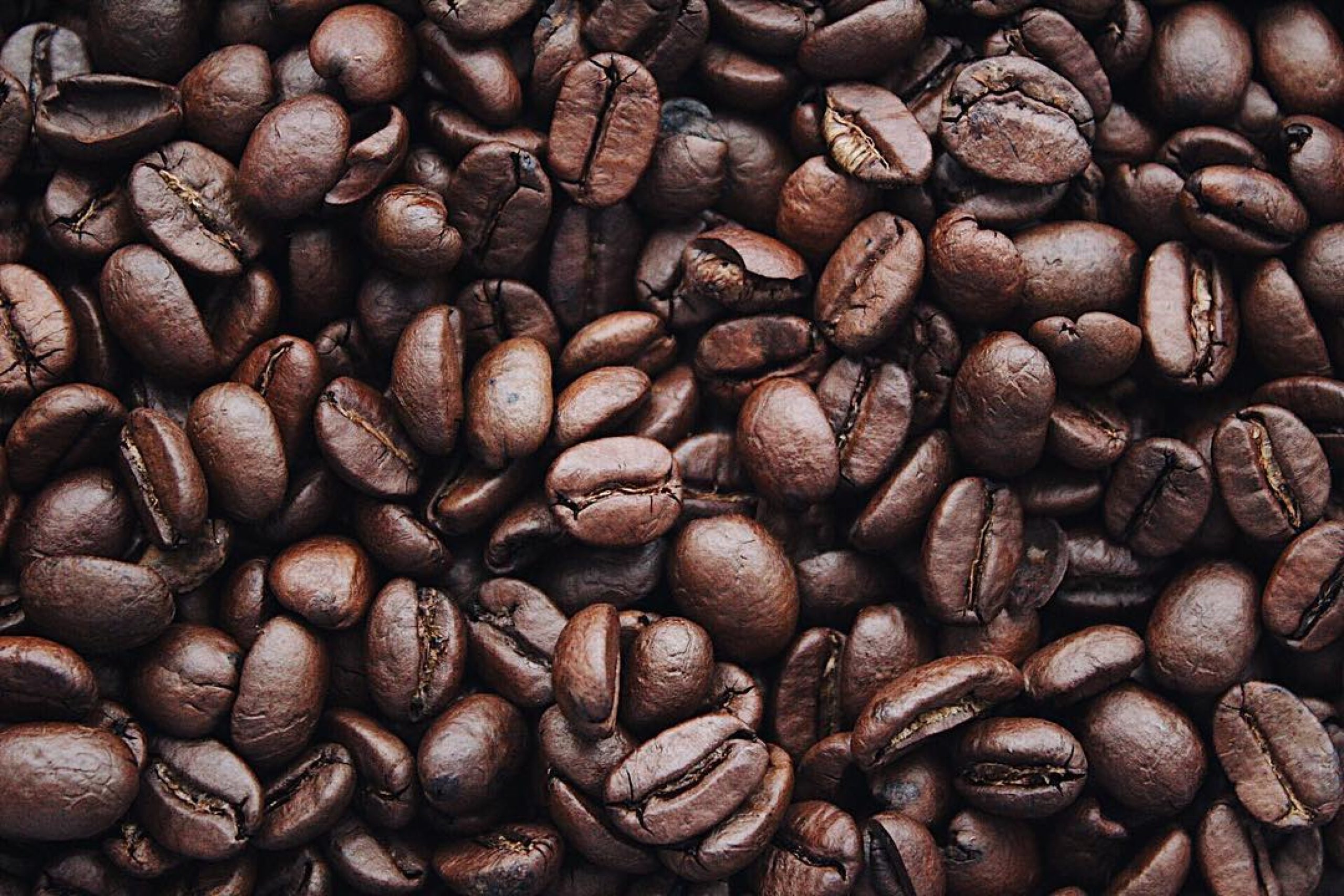Updated: August 3, 2023, at 9:55 a.m.
A frequent question I answer for individuals recovering from a substance use disorder (SUD) or alcohol use disorder (AUD) is whether or not they should consume caffeine. Caffeine is a naturally occurring chemical stimulant and shares similarities with amphetamines, cocaine, and heroin; it stimulates the central nervous system, as well as the heart, muscles, and blood pressure.
From a nutrition standpoint, caffeine is clearly not as harmful to the body as excessive alcohol or drug use, but it is important to recognize that consuming caffeine has adverse effects. Specifically for individuals in recovery, some people can consume caffeine in moderate amounts, while others cannot without experiencing negative symptoms, either emotionally or physically. In other words: any person in recovery should use discretion because caffeine affects everyone differently.
Still, here is my reasoning for cutting caffeine altogether:
-
Caffeine impacts the central nervous system.
Caffeine is a stimulant that affects the nervous system, the control center for the brain and the spinal cord. The central nervous system controls thoughts, emotions, movements, and desires, and it regulates breathing, heart rate, the release of hormones, body temperature, and more. With this in-mind, individuals who are recovering from an emotional and physical dependency on drugs and alcohol can be sensitive to the chemical effects of caffeine. Symptoms can include increased nervousness, irritability, and anxiety.
-
Caffeine can interfere with your medications.
You will need to talk with your doctor about whether caffeine could interfere with your medications, especially if you are taking medications to support your recovery. The medications and herbal supplements you might be taking are incredibly important to your health, well-being, and long-term success.
-
Caffeine can affect sleep.
Caffeine can interfere with your sleep, making it difficult to fall asleep or shortening your length of sleep. Getting a consistent, restful night’s sleep is important for creating a healthy lifestyle and foundation for a healthy recovery. Eight hours of sleep is what most doctors recommend.
If you do, however, continue to drink caffeinated beverages, try to choose options that will provide you with some nutritional benefit.
Choose: Tea & coffee
Though they both contain caffeine, coffee and tea* contain antioxidants, which reduce oxidative damage to your body. Coffee and tea are high in polyphenols, which are particularly powerful when it comes to fighting off inflammation. Diets rich in these compounds have been shown to help protect against certain types of cancer and chronic diseases.
*Caffeine content of tea varies by the type of tea—black, oolong, and green tea contain mild to moderate amounts of caffeine while white tea is relatively low in caffeine. Herbal teas are caffeine-free.
Avoid: Soft drinks & energy drinks
Soda and energy drinks are packed with sugar and provide no benefits to your health. There is an abundance of research supporting that drinking sugary sweetened beverages, even just one can of soda per day, can significantly increase your risk of developing type 2 diabetes and metabolic syndrome. Other studies have found that your risk of dying from heart disease is directly correlated to the number of sugar-sweetened sodas you drink per day.
Energy drinks come with their own set of risks and there is a growing body of evidence that shows they can negatively affect a person’s health. To start, some can contain just as much sugar, if not more, than a can of soda. And if you think you are in the clear getting a sugar-free option, think again: One standard-sized energy drink can contain over 200mg of caffeine (more than double the amount in a cup of coffee), making it easier to consume a large amount of caffeine at once. Large amounts of caffeine in a short period of time have been associated with serious heart and blood pressure issues, which could even land you in the emergency room.
Keep Making Healthy Choices
Weighing the benefits of cutting caffeine from your diet is just one decision of many for improved physical and mental health. Eating a balanced diet, cutting back on sugar and high-fat foods, refraining from or limiting alcohol, and attending to your emotional wellbeing – through a support group like SMART Recovery – are all important and play a role in your overall health.

Choose Recovery Over Addiction
We're here 24/7 to help you get the care you need to live life on your terms, without drugs or alcohol. Talk to our recovery specialists today and learn about our integrated treatment programs.




